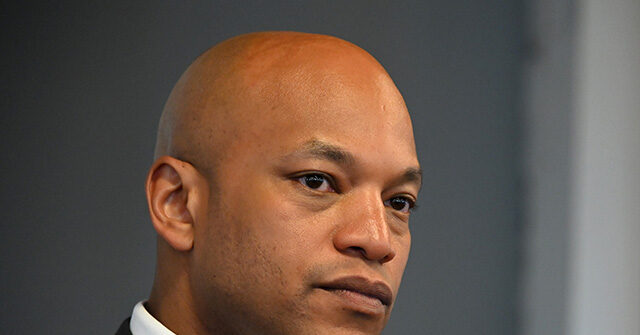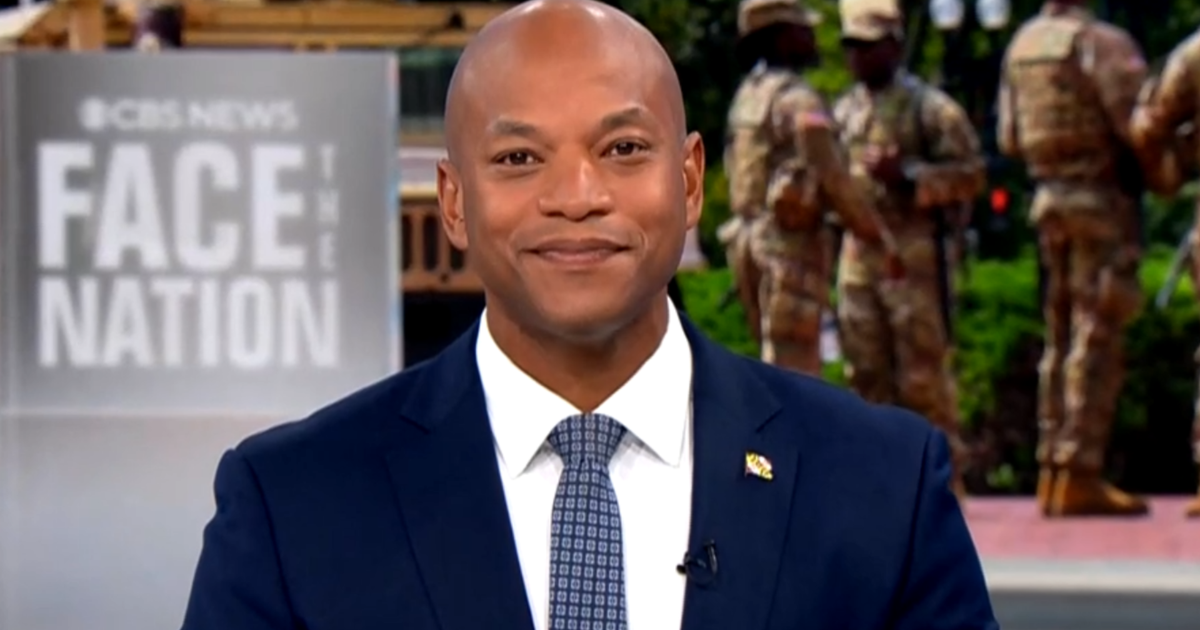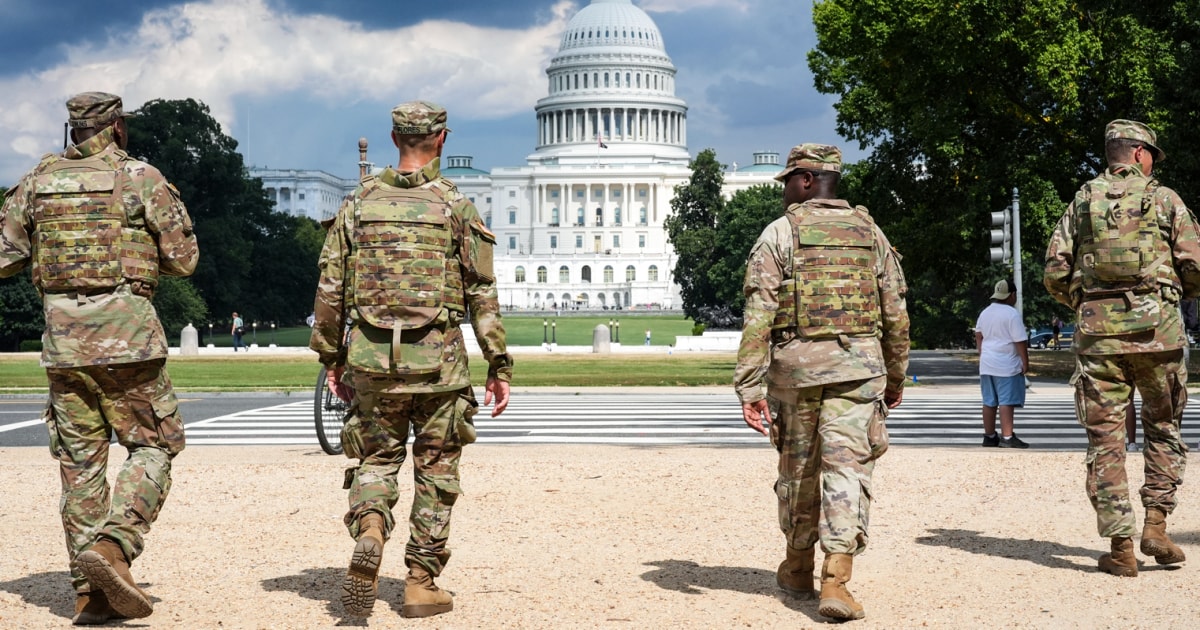Presidential Threats Target Baltimore Over Crime, Sparking Gubernatorial Clash
President Trump threatened troop deployment and federal funding cuts for Baltimore and other Democratic-led cities over crime, sparking a dispute with Governor Wes Moore.
Subscribe to unlock this story
We really don't like cutting you off, but you've reached your monthly limit. At just $5/month, subscriptions are how we keep this project going. Start your free 7-day trial today!
Get StartedHave an account? Sign in
Overview
- President Trump threatened to deploy National Guard troops to Baltimore, Chicago, and New York, citing high crime rates in these Democratic-led cities.
- Trump labeled Baltimore a "crime disaster" and criticized its high murder rate, justifying potential military intervention to address public safety concerns.
- Maryland Governor Wes Moore invited Trump to discuss Baltimore's improving crime rates, but Trump responded by threatening troop deployment and withholding federal bridge funding.
- Governor Moore criticized Trump's rhetoric and questioned his record, while Democratic leaders and Rev. Al Sharpton opposed the proposed military deployments, citing various concerns.
- These threats emerged despite Baltimore experiencing a significant 22-24% decrease in homicides, and amid broader criticism of using military forces for civil issues.
Report issue

Read both sides in 5 minutes each day
Analysis
Center-leaning sources cover this story neutrally, presenting the conflict between Donald Trump and Gov. Wes Moore without editorializing. They provide direct quotes from both figures and offer crucial factual context, such as Baltimore's declining crime rates and the federal funding status for the bridge, enabling readers to form independent conclusions.
Articles (10)
Center (5)
FAQ
Baltimore has experienced a significant decrease in crime in 2025, with homicides dropping by about 22% compared to 2024. The city recorded 68 homicides in 2025 as of the mid-year report, down from 88 in 2024. April 2025 saw the lowest monthly homicides on record since 1970, with only five killings. Other crimes such as non-fatal shootings, auto thefts, robberies, and carjackings have also declined.
President Trump characterized Baltimore as a 'crime disaster' due to its high murder rate and cited it as justification for possible military intervention and cutting federal funding to address public safety concerns in Baltimore and other Democratic-led cities.
Governor Wes Moore invited President Trump to discuss the improving crime rates in Baltimore but faced threats of troop deployment and federal funding cuts in response. Moore criticized Trump's rhetoric and questioned Trump's own record, pushing back against the portrayal of Baltimore as a high-crime disaster area.
Democratic leaders and community figures, including Rev. Al Sharpton, oppose the proposed military deployments, citing concerns about the appropriateness and effectiveness of using military forces to address civil crime issues. They emphasize the ongoing improvements in crime rates and advocate for community-based interventions.
Baltimore is noted for having one of the largest decreases in homicide rates among U.S. cities in the first half of 2025, with a 56% reduction, contrasting with an overall 17% decline in homicide rates across 30 study cities. Other violent crimes and offenses also generally declined in these cities during the same period.
History
- This story does not have any previous versions.






